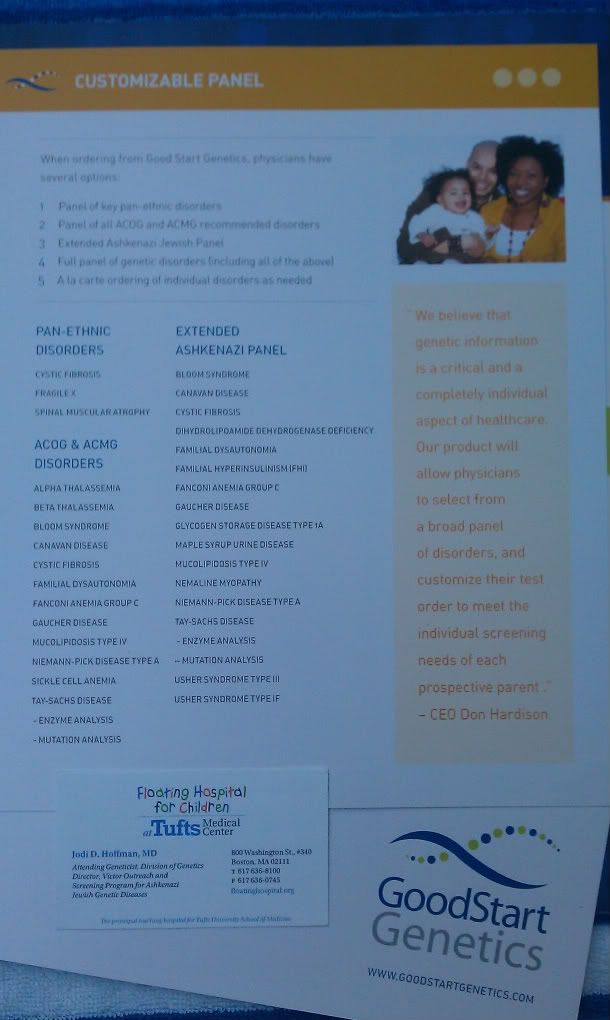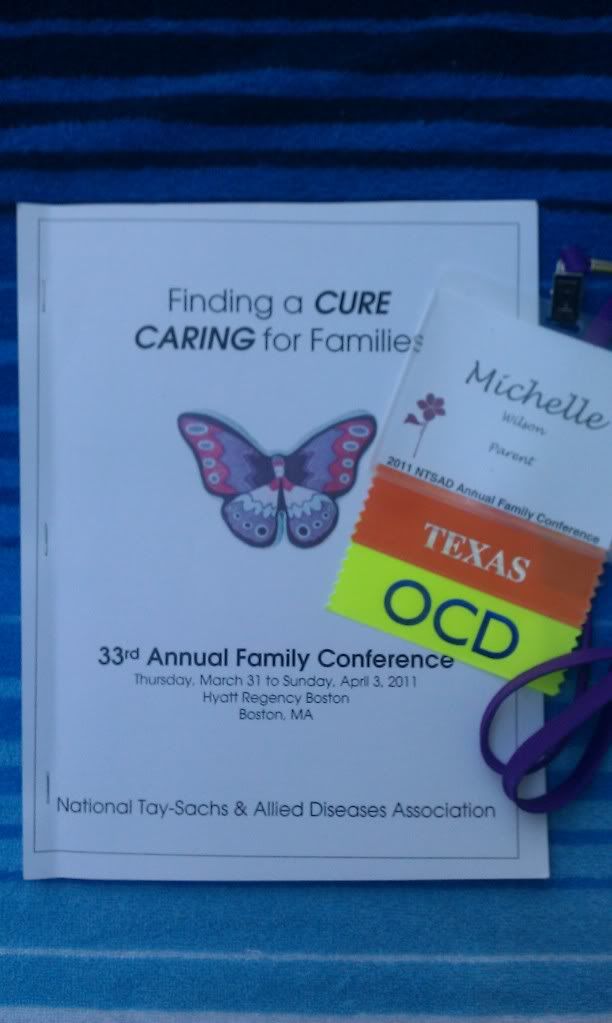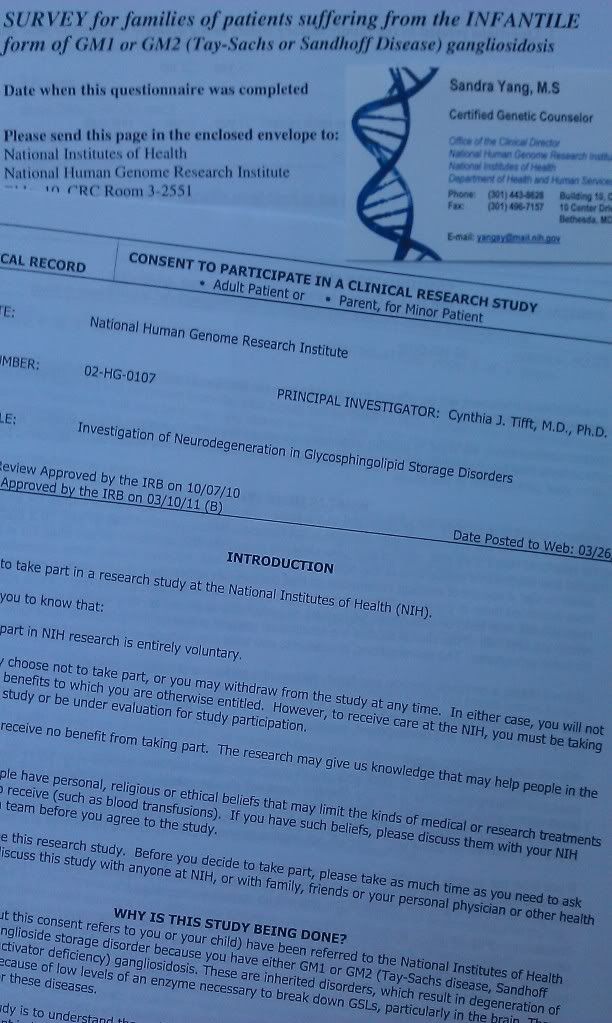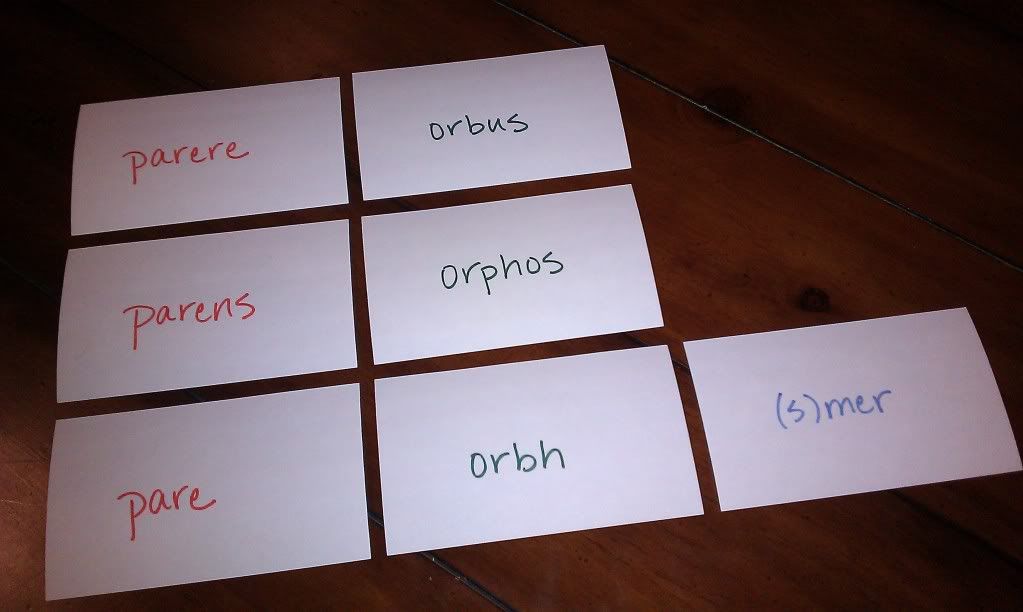I may be physically home, but my brain is still in Boston. How to summarize an experience so full of raw emotion, acceptance, compassion? A utopian assembly where strangers instantly become family and everyone shares a common purpose no matter their station. Parents, affected children, healthy siblings, carriers, affected adults, spouses, grandparents, researchers, doctors, nurses, caregivers, friends, the newly diagnosed, and the veterans all together under one roof lending support, swapping stories, sharing tips, listening, learning, laughing, crying.
I feel like this is the one place where I can be known just as Cooper's mom, which is strangely comforting. Here, it's okay to introduce myself as Cooper's mom even though he has passed away. No one thinks it's weird, no explanation required, no need to brace myself for a reaction. I shared this thought with my bestest friend {Cooper's Godmother} and appreciated her response. She said something along the lines of "I get it, at home you wear many different hats and there you just wear one. There you are first and foremost Cooper's mom." David and I met a couple our first year who claimed to attend annual conference instead of therapy or counseling back home. It's taken me a few years to fully absorb that impact of that statement, and yes, it is that meaningful.
 |
 |
 |
Yes, my name tag does say OCD. The self-descriptive ribbons made me laugh and this one seemed particularly fitting, so why not!
I was thankful for the opportunity to participate in several studies this year; (1) to better available carrier testing, (2) to identify potential biomarkers, and (3) a natural history. The biomarkers and natural history study will both be used to solidify metrics for use in the upcoming chaperone therapy clinical trial. The notion that by recounting our experience, and providing a single drop of blood another family might one day (soon) have a viable treatment option, it's invaluable. For me, participation enhances purpose, knowing we might have a some small impact and the ability to affect change. Empowering stuff.
This year I was asked to share a bit of our experience in the symptom management session and a more complete account as part of an NTSAD "Philosophy of Care" video. It was humbling to have been asked and I was honored to share. The idea behind the video being to "discuss experiences finding, developing their philosophy of care showing a range of approaches and how philosophy evolves as the disease progresses." The end result, available media of personal accounts for newly diagnosed families who may be interested in knowing what worked for others and provide another source from which to gather information. As I reviewed the interview template outlining topics and questions to be covered, I was impressed with the thoughtfully inclusive progressive structure. All of these questions and concerns, the same ones David and I waded through with Cooper. I jotted down some key points so as not to loose train of thought, but once in front of the camera I was asked to put all notes aside to avoid any crinkling sounds which may be picked up by the mic. In hindsight, I should have been prepared to respond to general topics instead of pointed questions. I didn't feel like my answers alone were anywhere near complete and wished David could have been there to help make it so. I may revisit the script and create a blog post for each topic providing more complete, concise responses, sans nervous fidgeting or inappropriate smiling.



